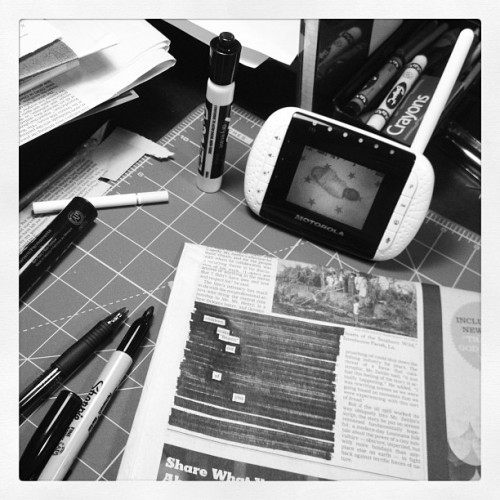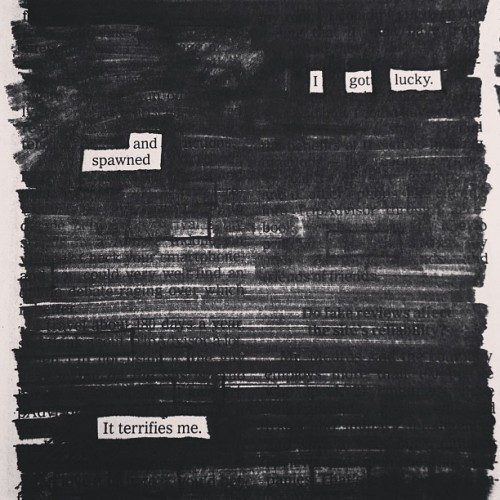
From playwright Sarah Ruhl’s terrific book, 100 Essays I Don’t Have Time To Write:
Recently, my son said to me after seeing a ballet on television: “It’s beautiful but I don’t like it.” And I thought, Are many grown-ups capable of such a distinction? It’s beautiful, but I don’t like it. Usually, our grown-up thinking is more along the lines of: I don’t like it, so it’s not beautiful. What would it meant to separate those two impressions for art making and for art criticism?
See also: “Borrow a kid”













